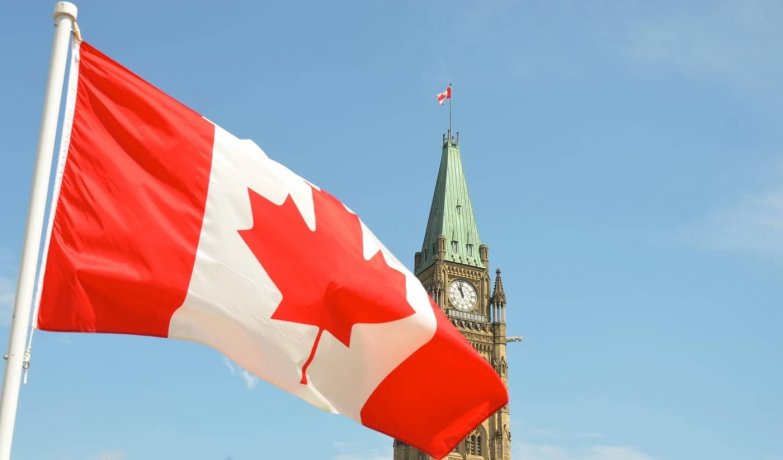The federal government of Canada is on its way to its first major privacy legislation in decades. After the increasing threats of cyberbullying and other security breaches, Trudeau’s government has decided to shape up a new bill to protect citizens’ privacy.
Canada’s Innovation Minister, Naveed Bains, indicated that the federal government would legislate new privacy laws — conceivably as soon as this week.
The government will unveil the detailed bill once the legislation gets tabled. However, Bains’ spokesperson said the bill would be in accordance with the promises mentioned in the Canadian Minister’s mandate letter.
Bains is one step closer to fulfill his commitment as an Innovation Minister.
The potential bill legislation
The government is ready to arrange the table to overhaul Canada’s privacy laws as the platform is being set in Ottawa.
Bains is already working with other ministers at the request of Prime Minister Justin Trudeau. The federal ministers are drafting a “digital charter” that will be part of the bill. The PM is keen to help Canadian citizens for protecting their data from possible infringements.
The government is overviewing the Privacy Act to ensure that it goes with the digital world’s latest advancement. The possible changes to occur in the legislation include:
- Enable people to remove their basic personal data from social platforms like Twitter, Facebook, or Instagram.
- Educate the public about how their personal data gets handled, including via a national advertising registry.
- Protect people from racism and online bullying.
- Ability to take legal action against the personal data collected by a company or government.
- Create a channel to update people in case of a security breach of an individual’s personal data.
Recent events of security breaches in Canada
The Canadian people have suffered an average cost of $6.35 million in data breaches so far in 2020. This reflects a 6.7% increase in security breaches year-to-date.
As per Statistics Canada almost 57% of people reported cybercrime activities and privacy violations in 2018.
Last month, October 2020, Alberta and B.C. privacy commissioners found that a Canadian real estate company gathered millions of images without customers’ consent. The company installed cameras inside its digital kiosks across 12 shopping malls in major cities of Canada.
It looks the increasing cyberbullying and data breaches have cautioned Canada’s government, and they are about to do what’s necessary.
The government would also have to look upon its existing privacy laws and draft accordingly.
There are currently two federal privacy laws: the Privacy Act and the Personal Information Protection and Electronic Documents Act (PIPEDA). These two laws are imposed by Canada’s Office of the Privacy Commissioner.
The Privacy Act consists of the personal information of the individuals. In contrast, the PIPEDA covers the corporate sector managing personal information.
A significant figure in the Canadian government and the Privacy Commissioner, Daniel Therrien, long ago mentioned the gaps in privacy laws. He has already identified new strategic privacy priorities and policies that will help Canada’s Office of the Privacy Commissioner to act accordingly in the future.
Therrien also insisted that the government must set specific limits for companies on authorized uses of data. This will protect Canadians’ personal information and minimize vulnerability levels.
Therrien’s representative Vito Pilieci said:
“Our office has long been calling for federal privacy laws better suited to protecting Canadians in the digital age.”
As things stands, the Canadian government seems to be on a mission to empowering its citizens on their personal data security.
